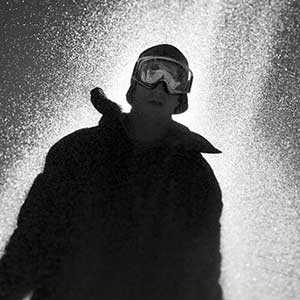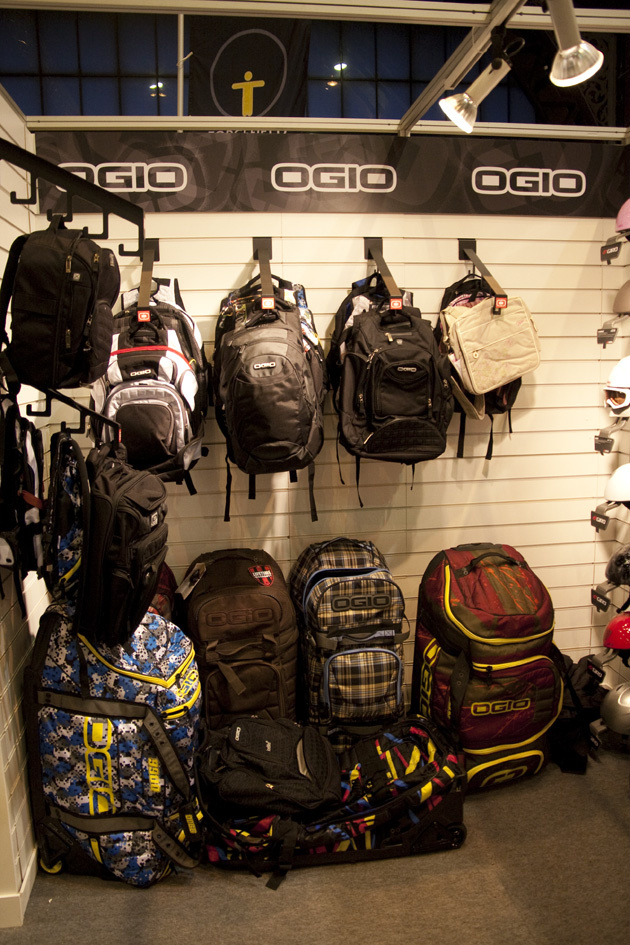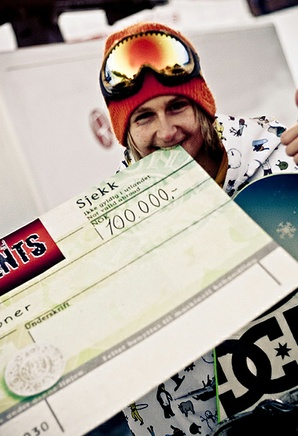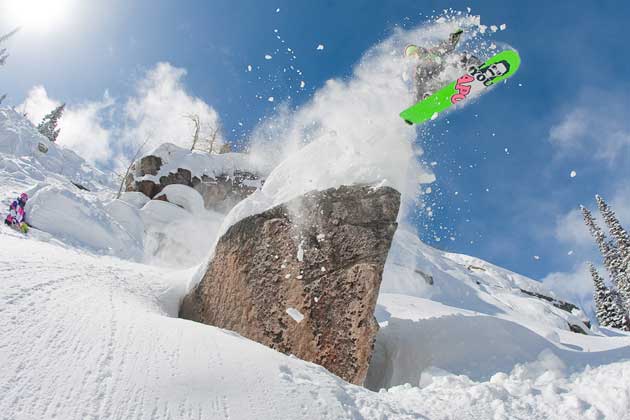Published in Whitelines Magazine Issue 88, January 2010
Every month David Benedek interviews a different personality about the current state of snowboarding.
Snowboarding these days has probably grown far bigger than most of us ever thought it could. Despite this, I think a kind of connection still exists between all snowboarders, no matter the skill level or background. Sure, Joe punter who takes one trip a year may not necessarily have much in common with this month’s interviewee, but compared to any traditional sport we’re a pretty tight family. normally common ground ends at your choice of jersey colour or your affinity for beer.
Strangely enough, given our shared sense of community, the efforts to process snowboarding for mainstream digestion couldn’t have been further from a group effort – TTR, FIS, Grand Prix, X-games, DEW Tour… Pro boxing might be he only sport with an equally messy competition structure – and those guys aren’t known for being especially good thinkers! Not that i am a great advocate of digesting stuff for the mainstream in the first place, but if we do choose to go for it (which we do) why not bundle the efforts under one roof, like the NBA, NFL, FIFA or any other pro association?
Few people know more about the whys and wherefore of these decisions than the one and only Haakonsen himself. So I asked him about how being a pro has changed, and why the Olympic system still sucks balls.
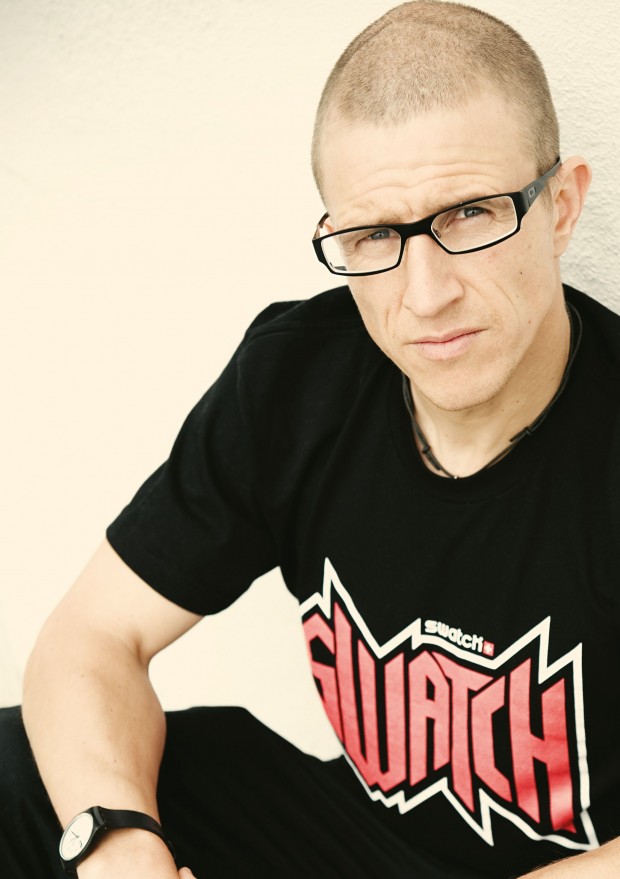
DB: Looking back at the early days of your career, what do you feel is the most obvious diff erence to the pro of today?
TH: As a rider – less freedom.
DB: As in what’s expected of you, you mean?
TH: Well, obviously it’s a lot more professional today. Back then, a sponsor wouldn’t demand that much, they wouldn’t tell you what to do throughout the season. As long as you had a certain kind of media exposure and some OK results they wouldn’t ask for much more. Now the competition is harder in general, also for companies and events. Everybody has stepped it up from year to year so there’s far less room for mistakes.
DB: Do you think going professional always results in less freedom or is there a way around that?
TH: Well, it all depends what kind of position you’re in. I’ve just seen so many companies come and go and it’s not easy to be a company, that’s why there are stricter rules and less freedom, they expect more exposure, and more progression. But that just comes with being part of the sports world. I mean, look at a soccer player, how many free days a year does he have? (laughs) And it’s also how you pick your career, too. Some people accept to get paid less and have more freedom… I’d say I was just as professional in my mid 20s as I am now.
DB: The structures just weren’t?
TH: Yeah, and also, you know, it’s still a young sport today and there’s millions of things to fi gure out. In general I think action sports rubbed off a lot on traditional sports – they’ve learned so much from us, from copying the style of events to marketing athletes. Even my lawyer who’s been doing my contracts since the very beginning, he looked at my contracts as this new way of thinking that then got adapted to classic sports athletes as well.
DB: Leaving more room for personality?
TH: Yes. You weren’t owned as much by middle men or a company. So comparing it to regular sports: you can still have freedom and be professional…the competition is just a lot harder.
DB: I think what’s weird is that there’s this sort of professional trap that’s actually counterproductive. you have these killer athletes and personalities with all this potential but they are so busy delivering what is expected on a day to day basis that you kind of miss out on these opportunities to progress the whole sport. do you think it’s possible to turn away from these delivery formulas and more towards exploration?
TH: And make money of it? (laughs)
DB: Haha, i dont know.
TH: Well, there’s a lot of 100% soul guys out there that just ride for themselves and are just as good as a pro or even bett er… so that’s a choice each person has to make for themselves. But you can’t blame someone for making a living out of their lifestyle. There are only so many options in life. Where do you want to see it go?
DB: Well, in general i think it’s on a good track but i think a lot of pro snowboarding content seems really fabricated to me. it’s more about feeding the consumer as opposed to having honest stories.

